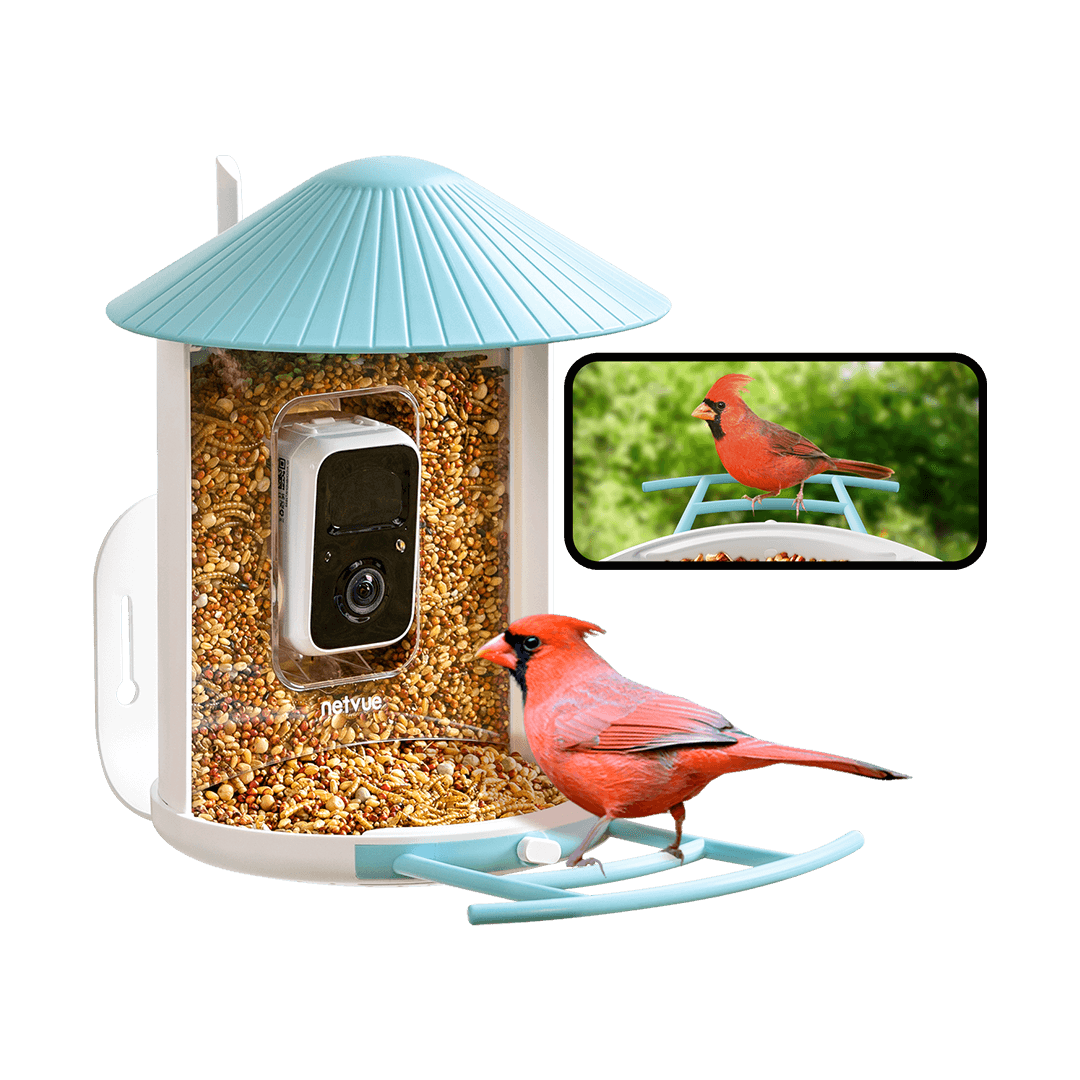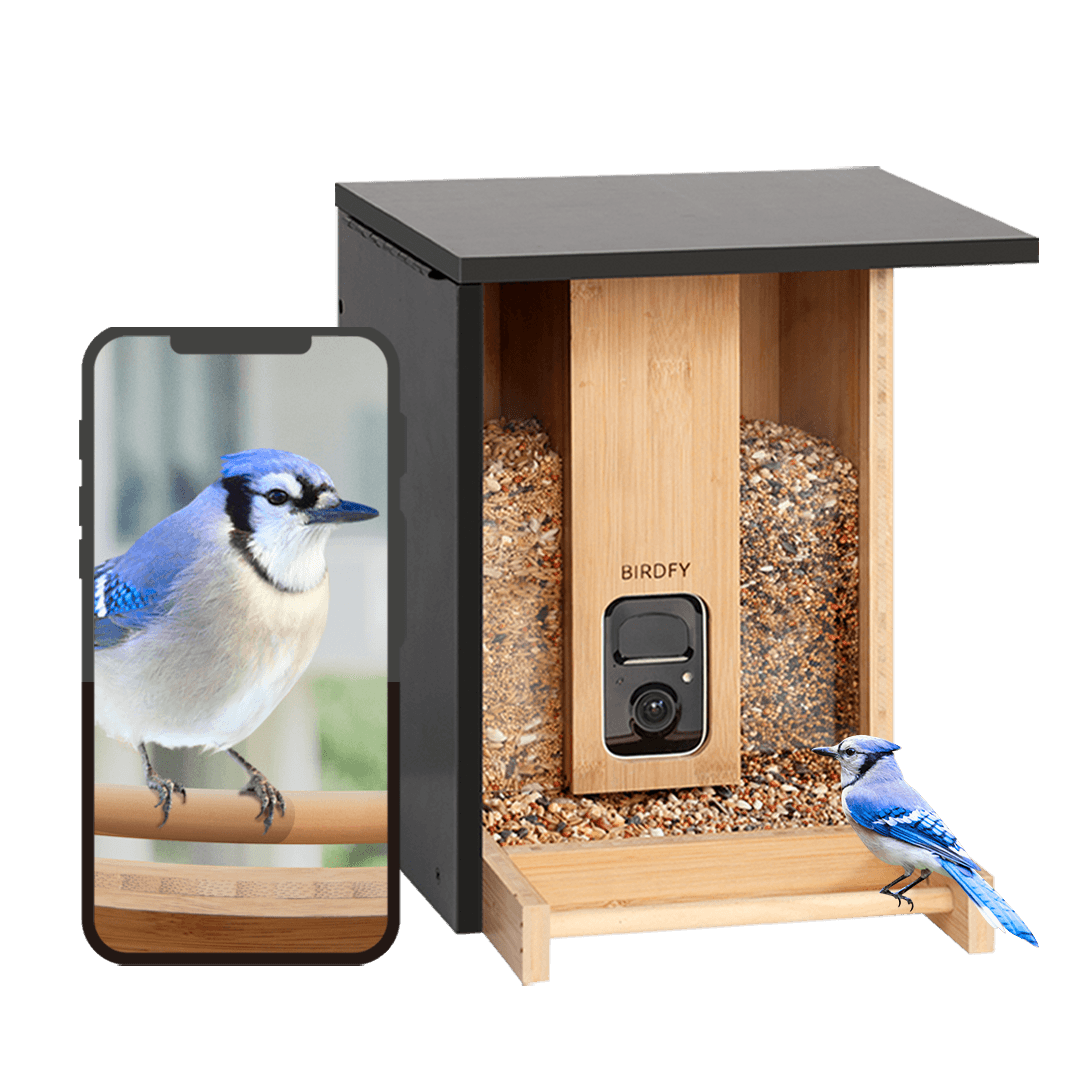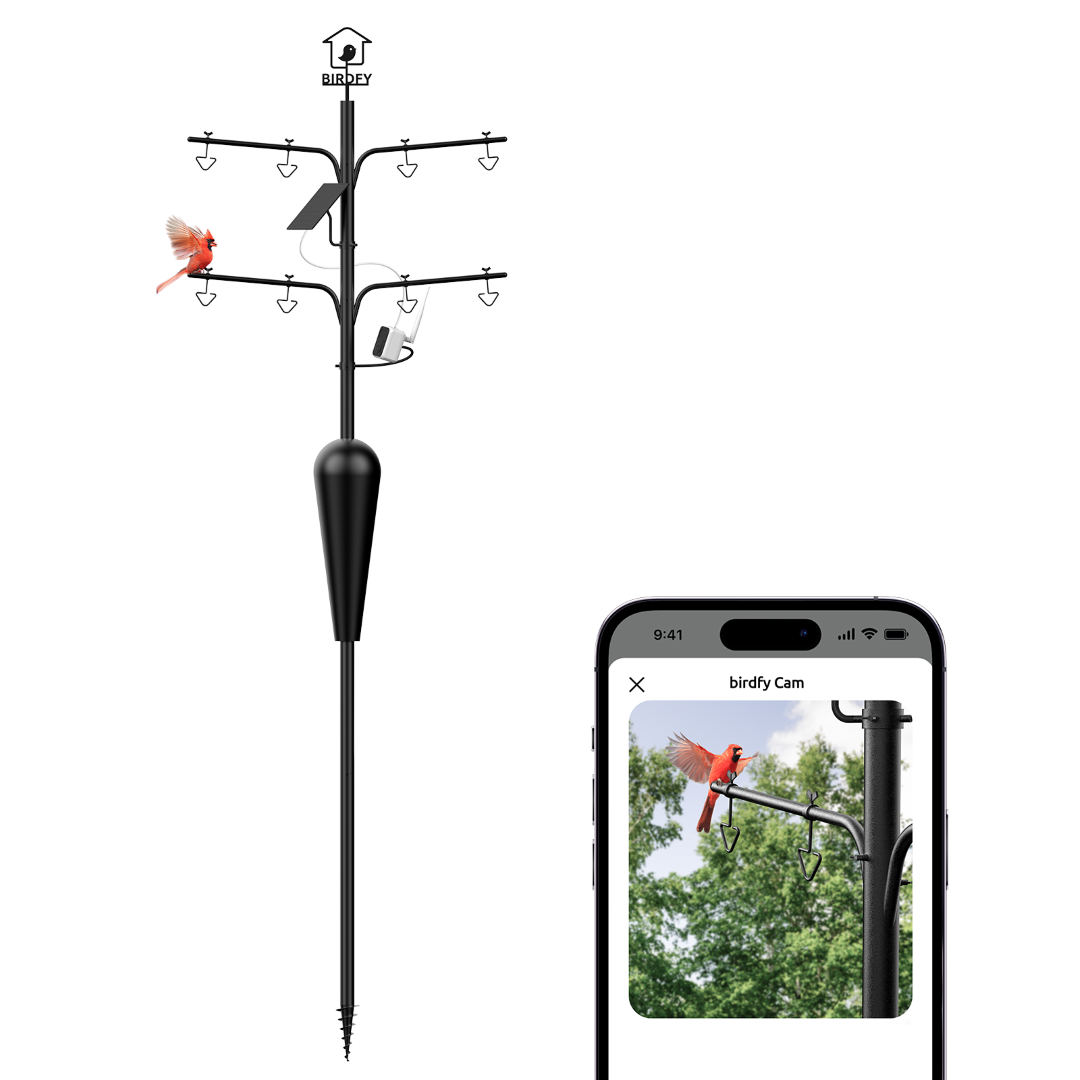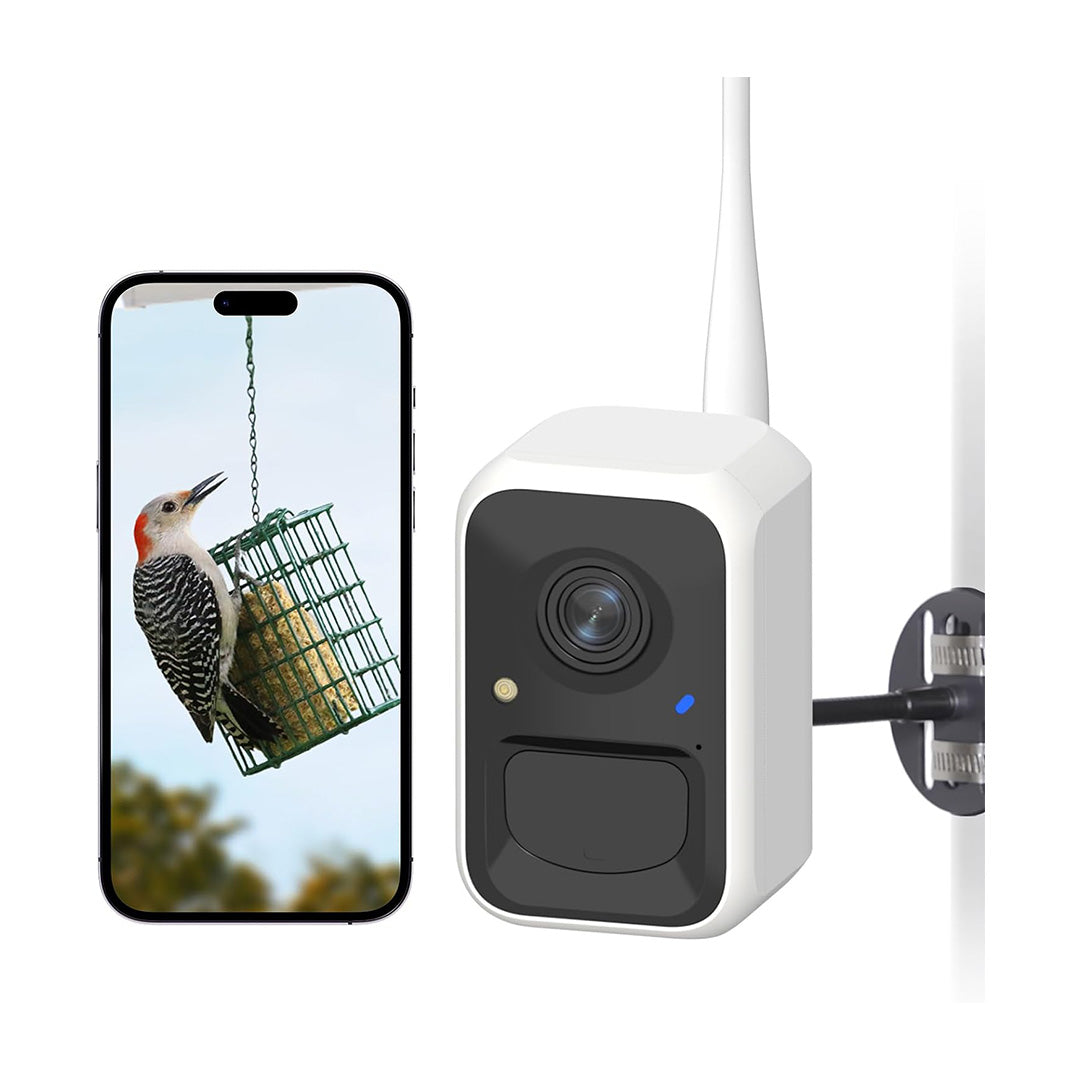Observing the Unseen: How Birds React to the 2024 Solar Eclipse
A solar eclipse is not just an astronomical wonder; it's a rare event that offers a unique window into the natural world, especially into the behavior of birds and wildlife. With the 2024 solar eclipse on the horizon, anticipation is building not only among astronomers but also among biologists and bird enthusiasts. This excitement stems from the opportunity to observe firsthand how birds react to sudden changes in their environment, providing insights into their adaptability and instincts.
Historical Observations and Modern Predictions
Solar eclipses have historically been moments of wonder and curiosity, not just for humans but for wildlife as well. Observations from past eclipses, as highlighted by Audubon, reveal that birds exhibit a range of unusual behaviors during these events. Nocturnal birds, for instance, may begin singing as if it were dawn, while diurnal birds might quiet down or return to their nests, seemingly confused by the sudden onset of darkness. Such behaviors underscore the acute sensitivity of birds to their environmental cues—light levels, in particular—which guide their daily activities.

Building on these observations, the Cornell Lab of Ornithology has expressed a keen interest in the 2024 solar eclipse, anticipating it as a prime opportunity to further study bird behavior under these extraordinary conditions. The timing and duration of this particular eclipse are expected to facilitate extended periods of observation and data collection, allowing researchers to gather detailed insights into how birds navigate and respond to abrupt shifts in their environment.
Scientific Perspectives and Expectations
The phenomenon of a solar eclipse does more than just dazzle onlookers; it serves as a natural laboratory for scientific exploration. The Cornell Astronomy Society elucidates the mechanics behind solar eclipses and their significance to both astronomers and biologists. For the latter, an eclipse is a chance to observe the direct impact of sudden environmental changes, namely unexpected darkness on bird behavior. These observations can reveal much about birds' adaptability and resilience in the face of rapid changes, offering analogies for understanding how they might respond to other environmental pressures.


Echoing this sentiment, an article by The Conversation captures biologists' eagerness to delve into the nuances of avian responses to the eclipse. This curiosity goes beyond academic interest, touching on the broader implications of understanding animal behavior in response to environmental stressors, which can inform conservation strategies and ecological management.
Advantages and Benefits of Observing the 2024 Solar Eclipse
Better Timing & Longer Duration:
Experts point out the advantageous timing of the 2024 eclipse for observing bird migration. With more radar stations in place than during the 2017 event and birds actively moving to their breeding grounds, the stage is set for capturing significant changes in bird behavior. The extended four minutes of darkness, coupled with the vibrant activity of spring, promises an unprecedented opportunity for observation.

Advanced Technological Developments:
Since 2018, the advent of BirdCast has revolutionized how we predict and observe bird migration. Developed by the Cornell Lab of Ornithology and Colorado State University, BirdCast offers three-day migration predictions, enhancing our ability to track bird movement with remarkable precision. This technology, along with tools like the Migration Dashboard, empowers both scientists and enthusiasts to monitor bird migration patterns in real-time, offering insights never before possible.
Observation Tips and Recommendations
For those eager to partake in observing the eclipse and its effects on bird behavior, the Cornell Astronomy Society provides valuable advice on how to do so safely and effectively. From choosing the right location to employing the proper equipment, these tips ensure that anyone can participate in this natural spectacle.
Additionally, the introduction of apps like SolarBird, available on the Apple Store and Google Play, democratizes the observation process. These tools invite people of all backgrounds to document bird behavior during the eclipse, contributing to a global dataset that will inform future scientific research.

Conclusion
The 2024 solar eclipse is not just a moment of astronomical interest but a doorway to understanding more about our natural world. Through the collective efforts of scientists, bird enthusiasts, and the public, we stand on the cusp of uncovering how these celestial events influence the behavior of birds. This natural experiment is a testament to the interconnectedness of our universe and the life within it, urging us to observe, learn, and appreciate the wonders of nature.






